T4K3.news
Zaporizhzhia Faces Land Swap Talk
Civilians near the frontline weigh the costs of potential land swaps and their impact on homes and sovereignty.
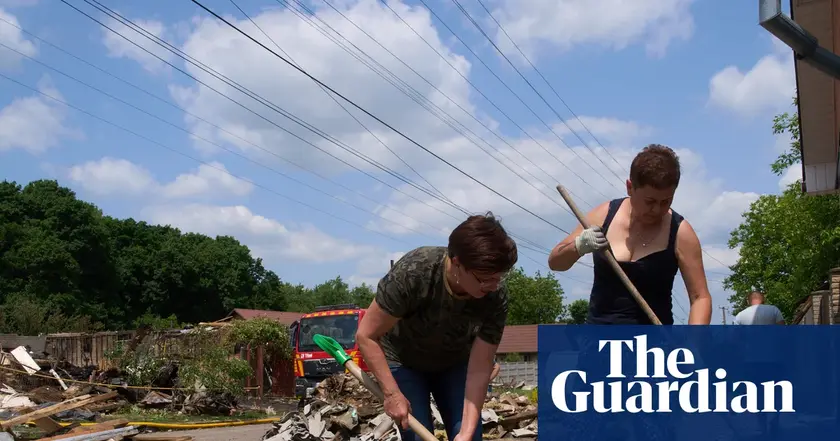
The article examines frontline Zaporizhzhia residents facing talk of land swaps and the toll such deals would take on homes, memory, and sovereignty.
Frontline Zaporizhzhia Braces for Land Swap Talk and Its Human Cost
Zaporizhzhia, an industrial city close to the front lines since Russia invaded in 2022, has endured years of missiles and drones. A recent attack at a bus station wounded 24 people, underscoring how close danger remains for civilians. Many residents say a ceasefire would be welcome even if it comes with imperfect terms, but others fear any deal that cedes territory could lock in hardship and erode Ukrainian identity. About one in five residents are internally displaced, living in temporary shelters while they wait to return home. In a local warehouse, volunteers stitched camouflage nets for the Ukrainian army, a reminder of how civilians have become part of the war effort.
Key Takeaways
"No!"
A chorus from women in Zaporizhzhia resisting the idea of freezing lines for peace
"Our only hope is for Ukraine to take them back, or we can never go home again."
A displaced resident expressing longing for return
"There’ll be some land swapping going on. I know that through Russia and through conversations with everybody."
Trump on land swaps during discussions
"The Russians have brought in a huge number of people."
Statement by regional governor Ivan Fedorov on occupation policy
The article exposes how peace rhetoric that treats land as a bargaining chip masks the human toll. It shows civilians living with constant fear and displacement, and it raises questions about how such deals affect memory, identity, and the future of Ukrainian sovereignty.
Beyond the immediacy of frontline life, the piece signals a broader pattern: occupation authorities use pressure and propaganda to reshape communities, making it harder for people to imagine a return to prewar life. The risk is not only strategic but moral, as leaders weigh short-term calm against long-term harm to families and towns.
Highlights
- Our homes are not a tradeable asset
- No one should swap a life for a line on a map
- We will not be erased from our towns
- Peace cannot come at the cost of memory
Political and humanitarian risk around potential land swaps
Talk of land swaps risks legitimizing occupation, provoking backlash, and creating long-term displacement without clear protections for civilians. It could harden opposition to any peace process and affect lives near the frontline.
The price of peace will be measured in homes, not headlines.
Enjoyed this? Let your friends know!
Related News
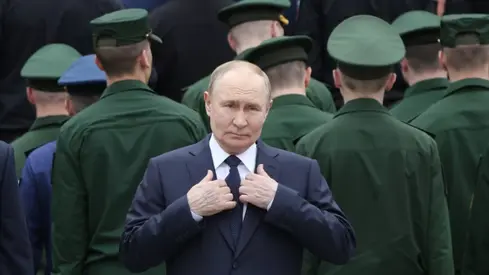
Putin and Trump meet in Alaska
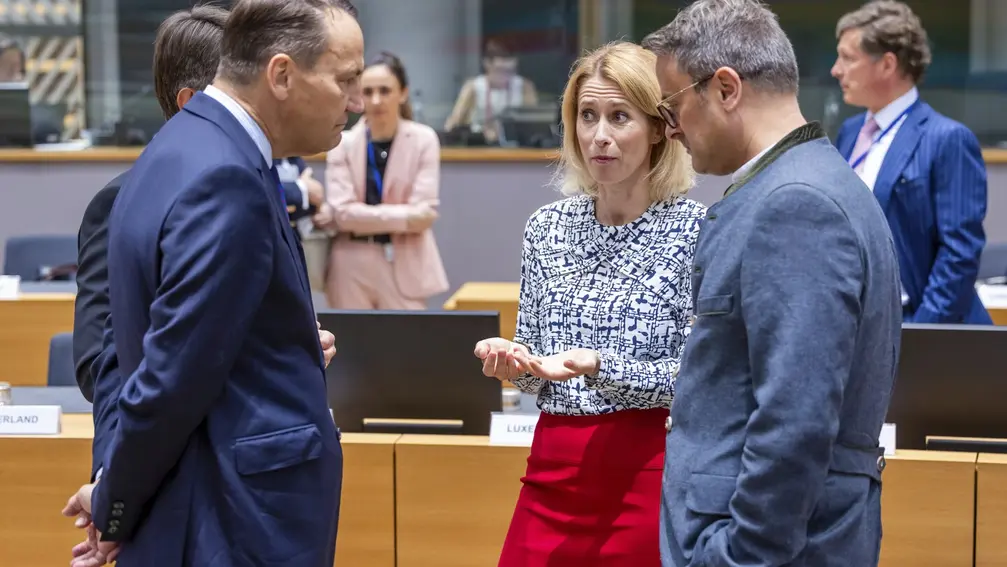
Alaska summit to test Ukraine sovereignty
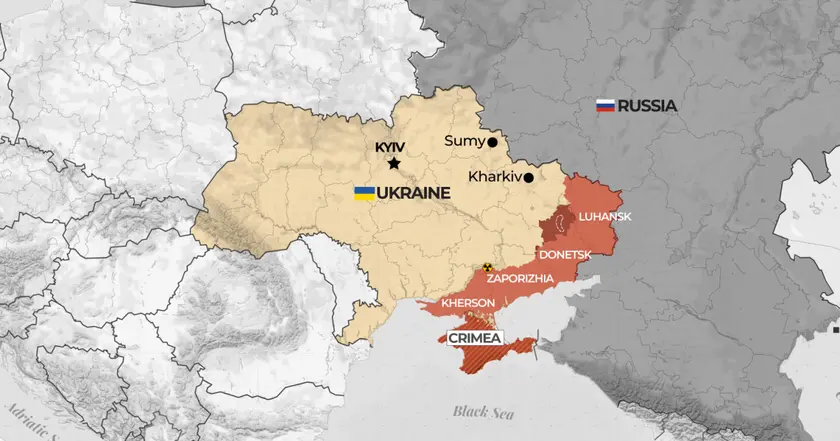
Alaska talks signal high-stakes Ukraine diplomacy
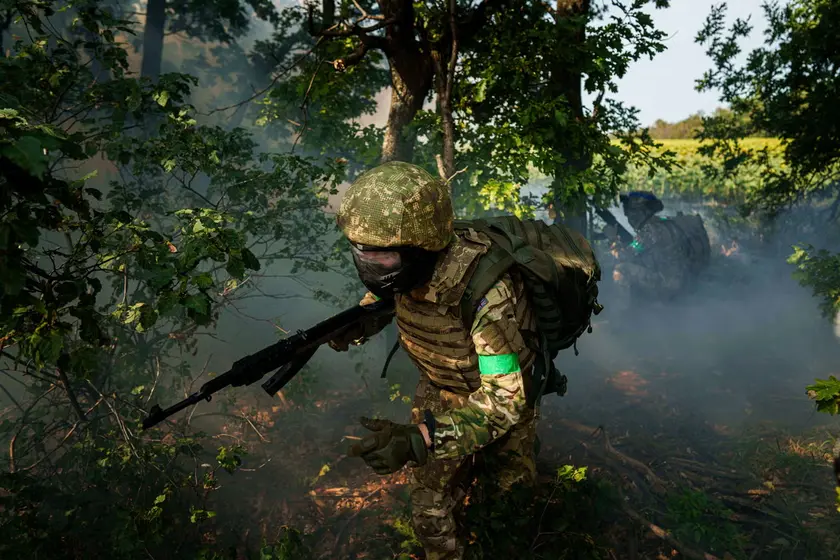
Zelensky open to ceding land in peace deal
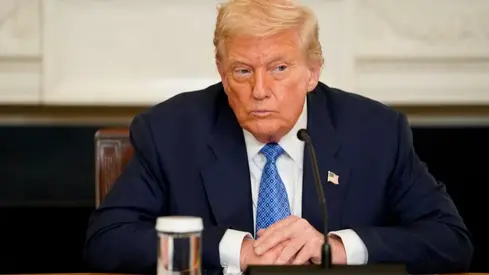
Trump Putin Alaska Meeting
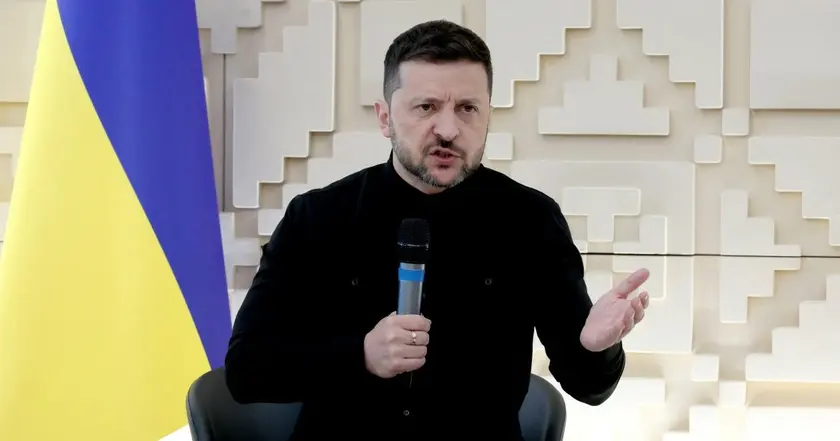
Zelensky rejects land concessions ahead of Alaska summit
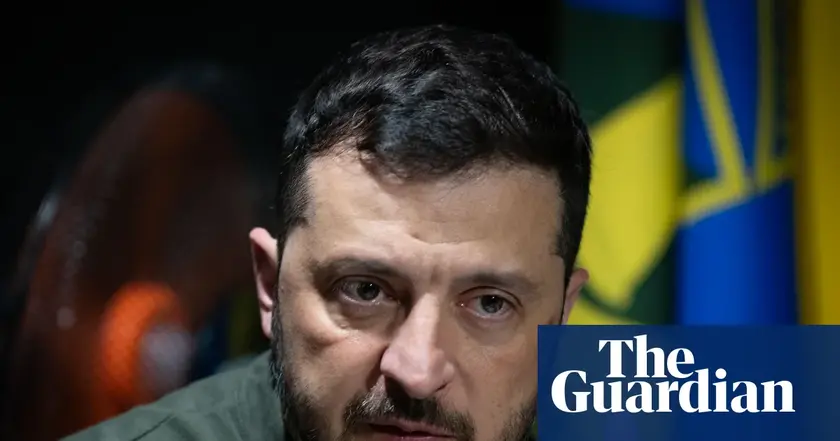
Ukraine rejects Russia demand for Donbas

Ukraine talks drift into land swap debate
